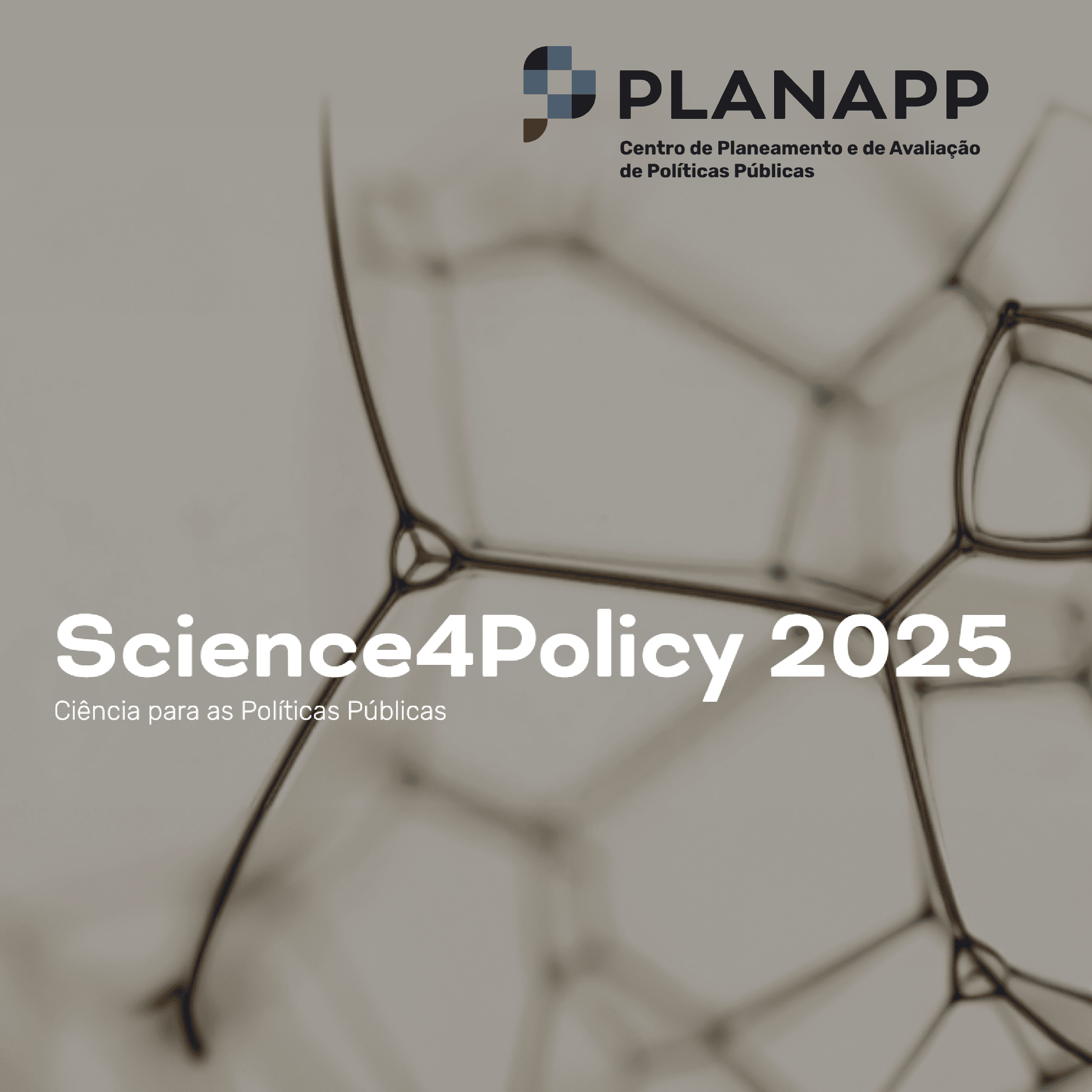ESTG secures two Science4Policy projects: sustainable mobility and combating domestic violence

CIICESI, the research center of the School of Technology and Management of the Polytechnic of Porto (ESTG–P.PORTO) has had two innovative projects approved under the Science4Policy 2025 program, promoted by PLANAPP and FCT. These initiatives reinforce the school’s role in applied research in critical areas such as urban sustainability and social justice.
OPTIMOB-@I.PT – Smart decarbonization of urban transport
Led by researcher Ana Isabel Borges, with the collaboration of Wellington Alves, the OPTIMOB-@I.PT project proposes an integrated approach using optimization and simulation models to support decision-making in selecting urban buses (diesel, electric, hydrogen, or hybrid). The main goal is to reduce both operational costs and CO₂ emissions, not only from the fleet but also from the associated energy sources. A key advantage of the tool is its flexibility and scalability, enabling adaptation to different urban contexts. This contributes directly to public policies on sustainable mobility and climate change mitigation.
SAFE – Preventing domestic violence recidivism with AI
Coordinated by Marisa Ferreira, with the participation of researchers Óscar Oliveira and Ana Borges, the SAFE (Solutions for Assisting and Facilitating Equity) project applies artificial intelligence to predict and prevent recidivism in domestic violence cases. The initiative proposes a digital system that analyzes territorial and socioeconomic data to anticipate risk situations and improve institutional responses. In its pilot phase, the system will be implemented in two to three municipalities, integrating data from the National Support Network for Victims of Domestic Violence (RNAVVD), ensuring structured and automated data collection. The goal is to create more effective, data-driven public policies, strengthening ESTG’s role as a driver of social innovation.